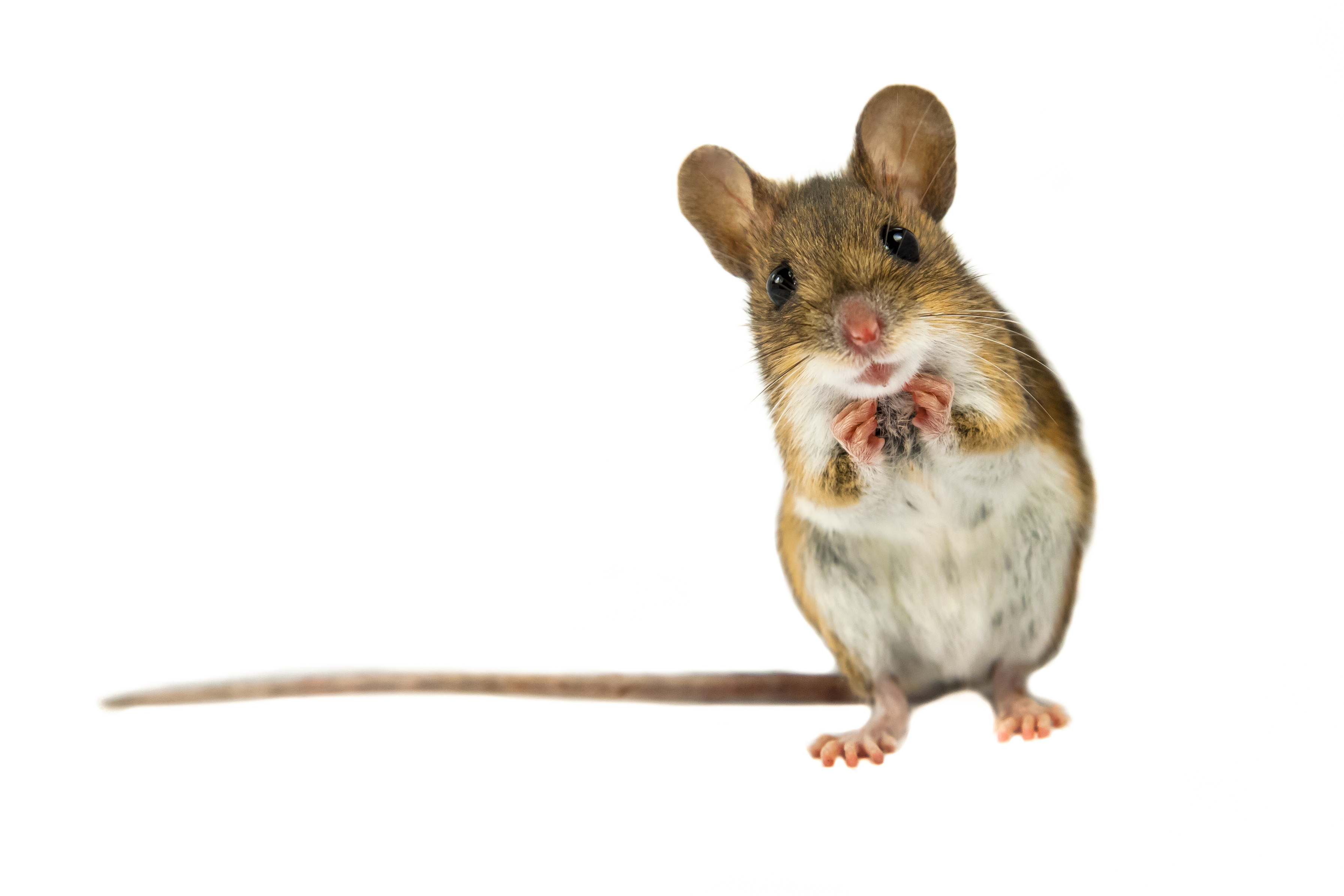
As the nights start to get ever more darker and colder, we humans find warmth in the comfort of our own homes but if you’re a mouse you wouldn’t find such peace.
Increasingly, people are resorting to poison to try keep mice out of their homes not fully understanding that this is not only inhumane towards these furry friends but also ineffective.
Did you know – killing rodents can lead to a spike in food supply, accelerating breeding among survivors and newcomers. Step away from the poison and consider some mouse-friendly options.
Why poison isn’t the answer
Poison is dangerous to humans, pets and non-target wildlife. Not only that, but evidence is emerging that it doesn’t even really work. Like all creatures on this planet, evolution has played its part for rats and mice. They are no longer susceptible to the rat poison that many of us have come to depend on. Plus, scientists are now documenting ‘neophobia’ in rats, meaning that if you present them with a new food, they will regard it with suspicion, not gobble it up.
Which leaves us with a dilemma – what do you do when mouse droppings start appearing, but you’re even less happy about using poison?
Tidy up
Mice are lovers of mess and can live on just crumbs. Ian Montgomery, a Professor of Animal Ecology says, “make sure you keep your counters, floors and cupboards clean and store dry food and pet food in chew-proof containers.
“Don’t leave any food around, behind cupboards, under cookers, on floors – there should be no crumbs or anything that would make mice want to stay there,” he says. “You need to keep everything meticulously clean. When you do that, you are a long way towards deterring them.“
As for your garden, refrain from feeding pets outside and remove their food bowls at night. You could also trim back grass and vegetation to avoid any sneaky hiding places.
Get Repairing
Mice can squeeze under very small gaps, so you need to think like a rodent – where could they get in?
You can figure this out by using a torch to uncover entry points such as gaps around pipes and doors. Steel wool or insulation can be used to temporarily seal entry points and once you’re sure they’ve gone, you can follow up with foam sealant, ‘mouse mesh’ or metal flashing.
Release them back into the wild
We don’t support the unnecessary killing of any animals so do the right thing, get some live traps and release any caught mice back into the wild nearby. Make sure you check the traps regularly as they will start to get hungry!
The British Pest control Association recommend placing traps close to, and at right angles to, walls so the treadle may be activated from either direction. When placing traps, make sure they are in a safe and secure place out of reach of children and pets.
Get green fingered
Mother Nature has a natural approach to many of life’s little problems. The Humane Society suggests growing mint, spearmint or citronella in your garden as rodents don’t like the smell – and it even suggests using urine-soaked cat litter as a deterrent, good luck with that one!
Trust mother nature
Even better, you could get a cat to take over the job of keeping pests at bay – it may not be the most humane way for a rat to end its days, but it is natural.
Don’t believe the myths
Some people think dryer sheets deter rodents, but Ron Harrison of Orkin Pest Control in Atlanta says it’s just a myth.
“Some smells repel mice for a short period of time, like cigarette smoke and certain colognes. But mice are extremely curious. A strange odour isn’t going to keep them away when they’re looking for food or a place to nest,” he says.
People also think mothballs do the job but the clue is in the name. They’re good at keeping moths away yes, but not for mice!
Think cheese is the best way to tempt mice? Well guess what, mice aren’t that fussed about cheese. They’ll nibble away at it but if you’re looking the best food to tempt mice look no further than peanut butter!

